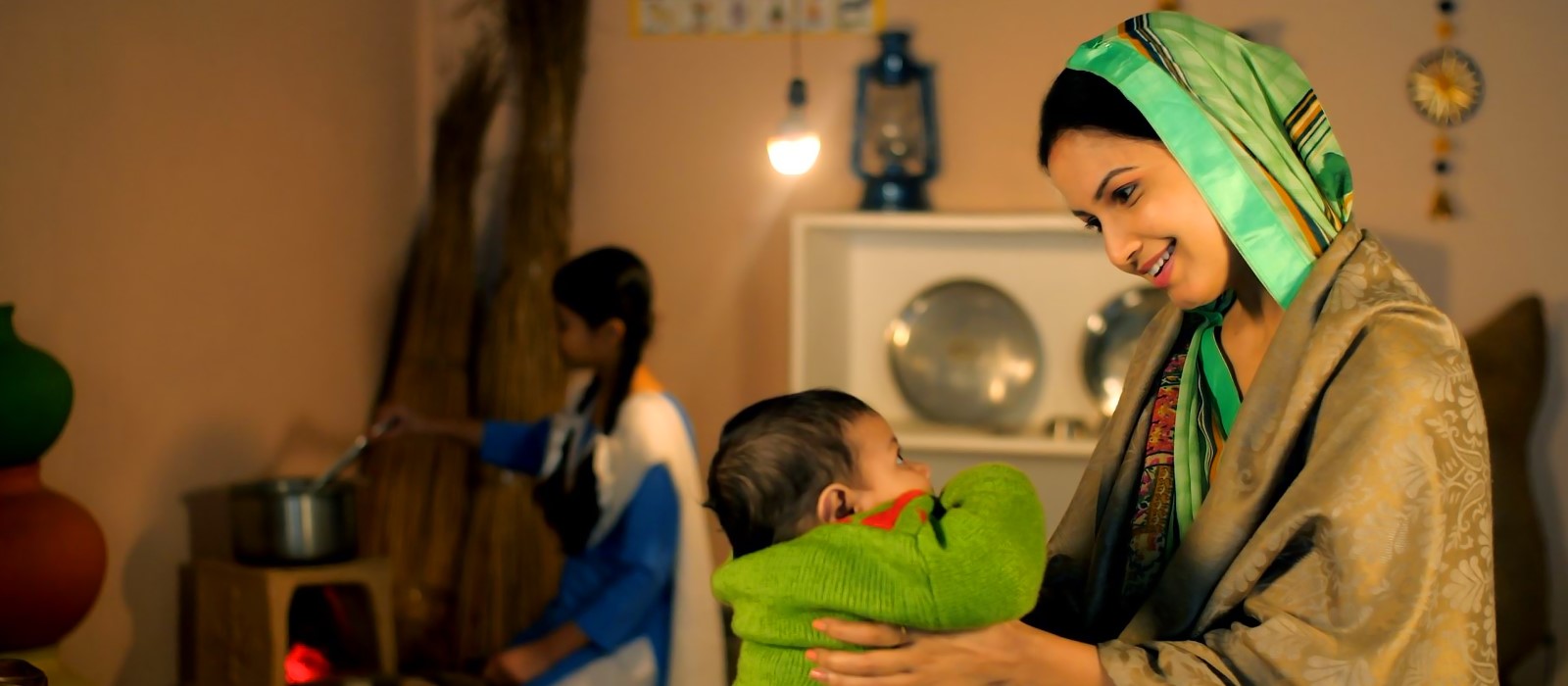Does Financial Scarcity Cause Parents to Speak Less to their Children?

Women playing with daughter | Knot9 Images via Adobe Stock
Study Context
Many researchers around the world have found socioeconomic (SES) differences in the quantity of parents’ speech with their children. The SES “word gap,” is widely believed to be a cause of educational disparities between rich and poor children, and a key mechanism in the intergenerational transmission of poverty. The word gap may be particularly consequential in developing countries, where educational attainment predicts upward social mobility, especially for more vulnerable populations. Despite strong evidence for the existence of SES gradations in child-directed speech, there has been strikingly little work that examines its cause.
Study Design
The project aims to test a pilot sample of 48 families with a child between 18 and 24 months of age using natural variation in the timing of harvests among sugarcane farmers in Tamil Nadu, India. Day-long audio recordings of families’ home language environments both before and after harvest will be collected through LENA recorders. In addition, standard cognitive measures as well as parents’ perceived financial scarcity, stress, mood, and sleep quality will be collected to explore whether this host of psychological variables mediate predicted harvest-related changes in child-directed speech.
Results and Policy Lessons
Results forthcoming.

